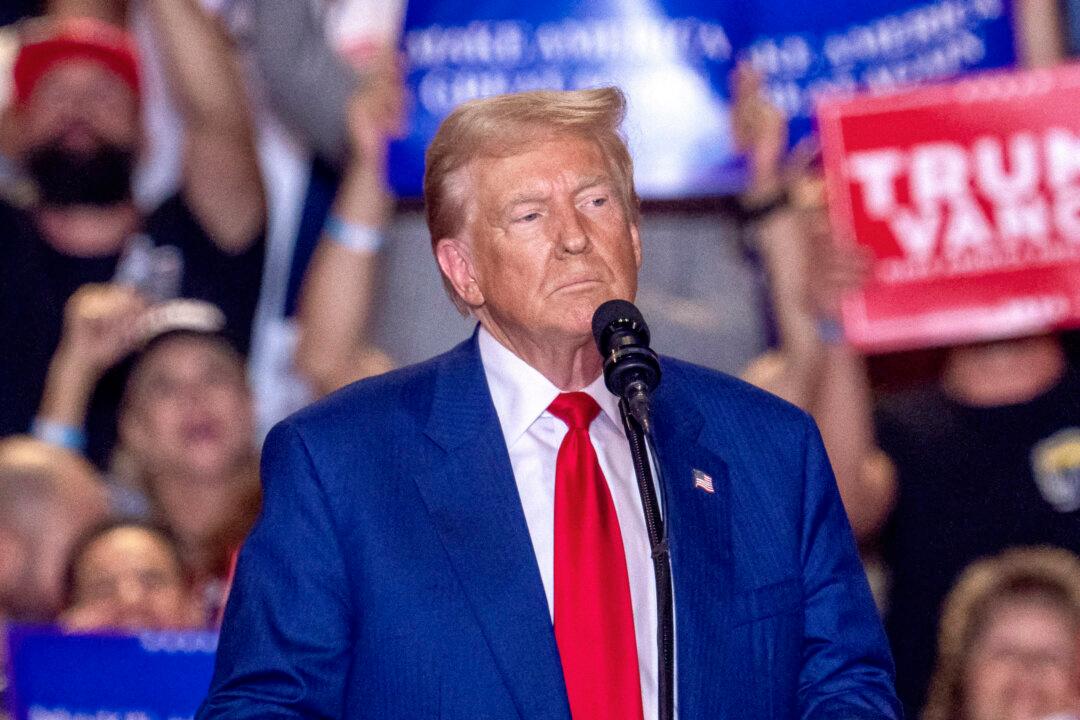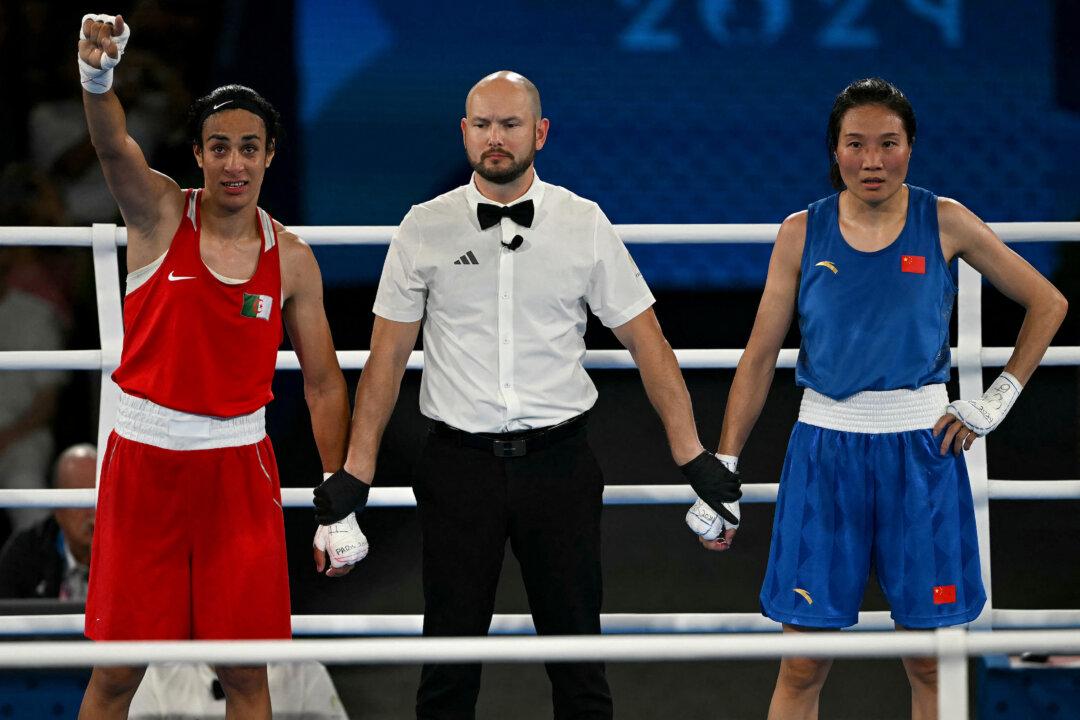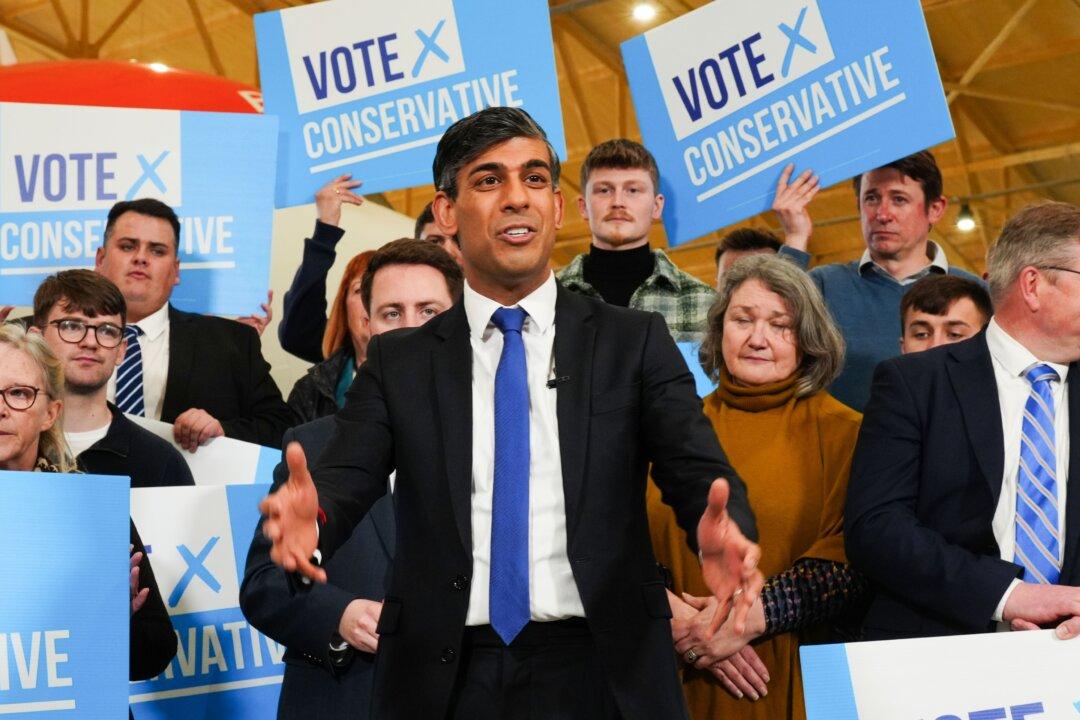The UK’s Conservative backbenchers have called on the ministers to increase the country’s defence spending in the wake of Russia’s invasion of Ukraine.
It comes after Foreign Secretary Liz Truss said spending 2 percent of GDP on defence “must be a floor, not a ceiling,” referring to NATO countries’ baseline spending commitments.




